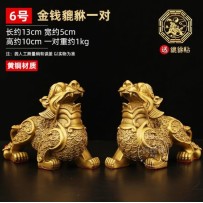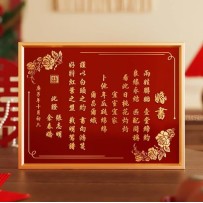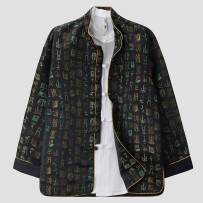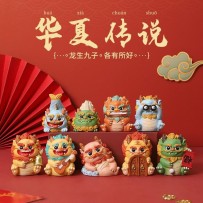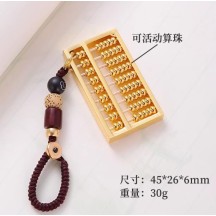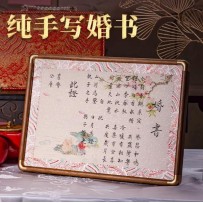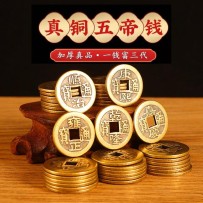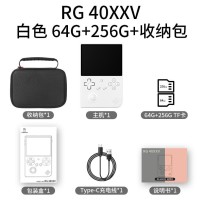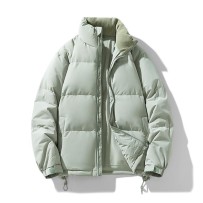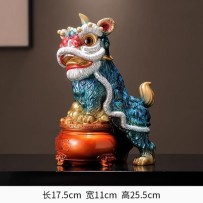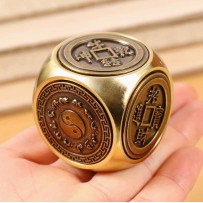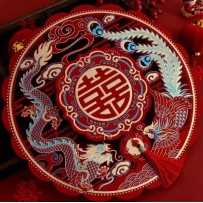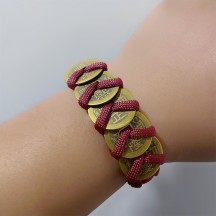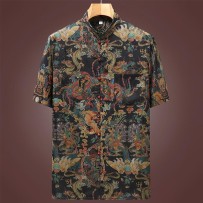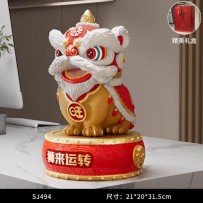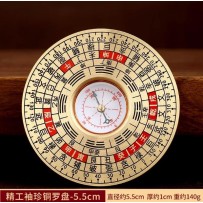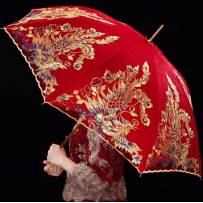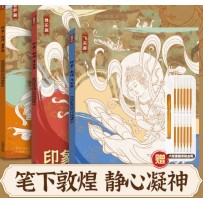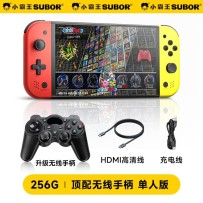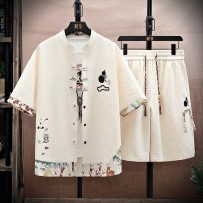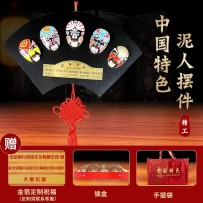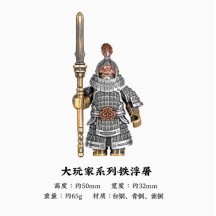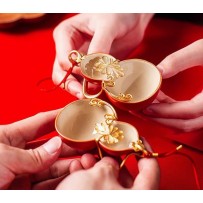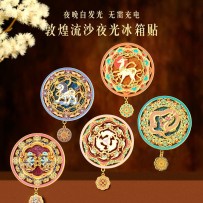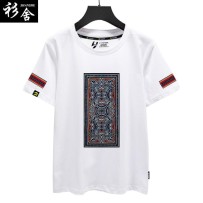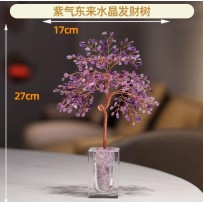In Chinese tradition, it is customary to decorate with Pixiu, a mythical creature rich in symbolic meaning. People believe that Pixiu brings joy and good fortune. From ancient times to the present, both emperors and commoners have placed great importance on collecting and wearing Pixiu. According to legend, beyond attracting wealth and warding off evil, Pixiu is also believed to protect the home, neutralize negative influences (such as Tai Sui), and even promote harmonious relationships.
Subcategories
Active filters
- Availability: In stock
Oracle gold-stamped jacquard hand-buttoned jacket
The Nine Sons of the Dragon —some fierce, some gentle, some honest and naive, others clever and sly —each has a unique personality and distinct preferences.Rooted in the rich and legendary mythology of ancient China,they embody mystery and cultural depth,now reimagined through a modern aesthetic to convey a strong sense of tradition and heritage.
The abacus is a manually operated calculating tool. It originated in China and is considered one of the important inventions of ancient Chinese civilization. Before the widespread use of Arabic numerals, the abacus was one of the most commonly used calculation tools in the world.
The Ten Emperors' Coins are copper coins with the reign titles of the ten emperors: Shunzhi, Kangxi, Yongzheng, Qianlong, Jiaqing, Daoguang, Xianfeng, Tongzhi, Guangxu and Xuantong. They are now commonly known as the Ten Emperors' Coins.
The Lucky Lion figurine symbolizes attracting wealth and treasure, prosperity, and good fortune. The lion itself represents strength, authority, and bravery, while the God of Wealth stands for fortune and auspiciousness. Together, they convey a powerful meaning of thriving business and continuous financial success.
The Five Emperors' Coins refer to copper coins with round holes and square holes. Ancient copper coins were cast according to the principle of "round outside and square inside" and "harmony between man and nature". They are the embodiment of the ancient Yin-Yang and Five Elements theory and have a profound cultural attribute.
The Lucky Lion figurine symbolizes attracting wealth and treasure, prosperity, and good fortune. The lion itself represents strength, authority, and bravery, while the God of Wealth stands for fortune and auspiciousness. Together, they convey a powerful meaning of thriving business and continuous financial success.
In ancient times, the luopan was used to guide direction and assess geographical knowledge, and thus it also came to symbolize wisdom and learning.
Depicting Dunhuang with Careful Concentration
Face painting (lianpu) in traditional Chinese opera is an exaggerated theatrical technique that uses makeup to emphasize a character's facial features and expressions, highlighting their personality, emotions, and traits. At the same time, opera masks are also a form of decorative art, combining dots, lines, shapes, and colors in a harmonious way. With vivid colors, elegant designs, and deliberate exaggeration, they vividly and expressively portray the external appearance and inner character of dramatic figures.
A themed series inspired by iconic figures from ancient Chinese classics, reimagining and preserving the passionate, proud, and righteous characters cherished in the hearts of the Chinese people—transforming them into companions for everyday life.
May the blessings of Dunhuang stick to you and bring you endless fun and good luck.
Miao clothing varies by region, each with its own distinctive features. Embroidery is an aesthetic art form created and refined by Miao women over generations.
A crystal money tree typically symbolizes prosperity, wealth, and good fortune. In Feng Shui, it is believed to enhance financial luck and attract positive energy. Representing hope and aspiration, the money tree is seen as a source of continuous wealth—bringing abundance, nobility, harmony, and happiness to the home.










